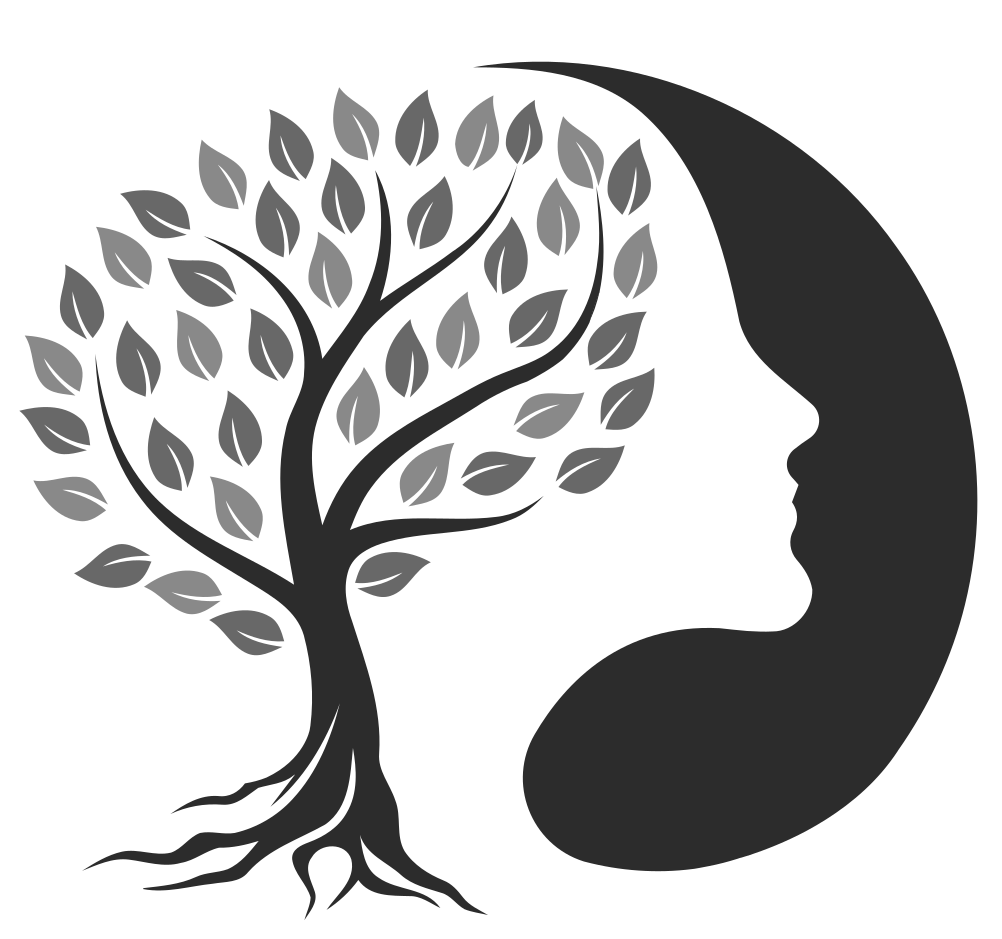These articles explain basic concepts, and offer critiques of existing theories, papers and reports or original thoughts of our own, including extracts from essays/papers submitted to educational establishments.
 Humanism
HumanismHumanistic psychology is a psychological perspective that emphasizes the human capacity for growth, self-determination, and personal responsibility. It emerged in the 1950s and 1960s as a reaction to behaviorism and psychoanalysis, placing greater emphasis on subjective experience, self-awareness, and individual agency than other approaches.
 The three core conditions
The three core conditionsThe core conditions, also known as the core principles or core attitudes, are the fundamental qualities that Carl Rogers identified as essential for facilitating therapeutic change in person-centered counseling. These conditions provide the foundation for building a supportive and trusting therapeutic relationship. The three core conditions are:
